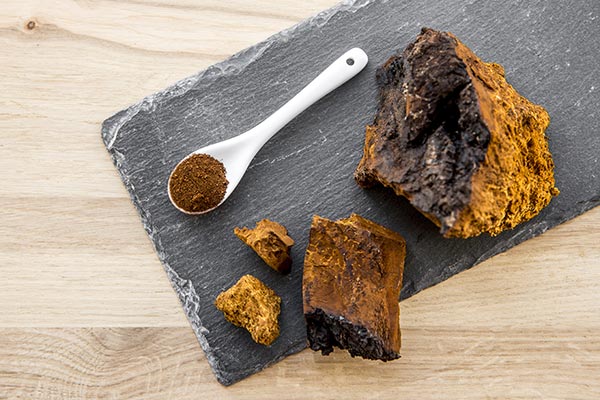
Blood sugar levels increase after a meal. However, some people have their blood sugar levels elevated even after two hours or more. These people are more likely to suffer from a cardiovascular event. Dramatic blood sugar spikes that stay for several hours increase the risk of a cardiovascular event. This condition is called impaired glucose tolerance. A study published in The Journal of Clinical Endocrinology & Metabolism found that men with elevated after-meal blood sugar levels were twice more likely to develop a heart attack or stroke than those who had lower blood sugar levels. On the other hand, diabetic women with high after-meal blood sugars levels were at a 5.5 times higher risk to experience a cardiovascular event compared to women with lower blood sugar levels. Furthermore, people with impaired glucose tolerance were more likely to die due to a cardiovascular disease by 34 percent.
Blood sugar, also referred to glucose, affects the heart because it oxidizes and damages linings in major coronary arteries. In addition, it interrupts the production of nitric oxide, which is important to control the dilation and contraction of arteries that supply the heart with blood. Moreover, blood sugar increases the level of adhesion molecules. These molecules play a role in the development of arterial disease and the associated constriction of the arteries. When blood flow to the heart is reduced or interrupted, a cardiovascular disease is more likely to occur and the risk of dying from it also increases.
Preventing blood sugar spikes naturally
Fortunately, there are ways to prevent blood sugar spikes after meals, and reduce the risk of life-threatening cardiovascular events. You can do this naturally and safely with herbal remedies, such as mulberry leaf extract, apple, and sorghum.
Mulberry leaf extract: Mulberry leaf extract is abundant in antioxidants, polyphenols, flavonoids, and anthocyanins. Researchers have proven that this herb can regulate glucose metabolism, lowering high blood sugar. It is even more effective (not to mention, safer) than the anti-diabetic drug glyburide, according to a study published in Clinica Chimica Acta. Its compound called 1-deoxynojirimycin (DNJ) binds to an enzyme that converts starches into glucose, helping it go through the intestine instead of being absorbed as sugar. (Related: Mulberry Leaf: Fights Diabetes, Cancer, Lowering Cholesterol & Soothing Nerves.)
Apple: Apple skins contain a polyphenol known as phloridzin, which helps decrease glucose and insulin levels. It can also reduce blood sugar levels after a meal. Studies on humans and animals have reported that this apple-based polyphenol significantly reduces glucose absorption by the intestines. It can also reduce markers of inflammation, obesity and high blood sugar, as well as prevent insulin resistance, according to another study.
Sorghum: Sorghum is a type of grain that can regulate blood sugar and insulin levels. This functional food is also packed with tannins and enzymes that prevent starch absorption, increasing insulin sensitivity and reducing sugar production in the liver. It can also reduce or prevent blood sugar spikes after a meal, according to a study published in Food and Function in 2014.
More ways to prevent blood sugar spikes
Blood sugar spikes can also be prevented by doing the following:
- Drink more water
- Eat more fiber-rich foods
- Exercise more
- Get more sleep
- Limit alcohol intake
- Limit carbohydrate intake
- Lower sugar intake
- Maintain a healthy weight or lose some, if needed
- Make sure your chromium and magnesium levels are normal
- Reduce refined carbs consumption
- Reduce stress
Read more news stories and studies on preventing heart attacks and stroke by going to Heart.news.
Sources include:




























